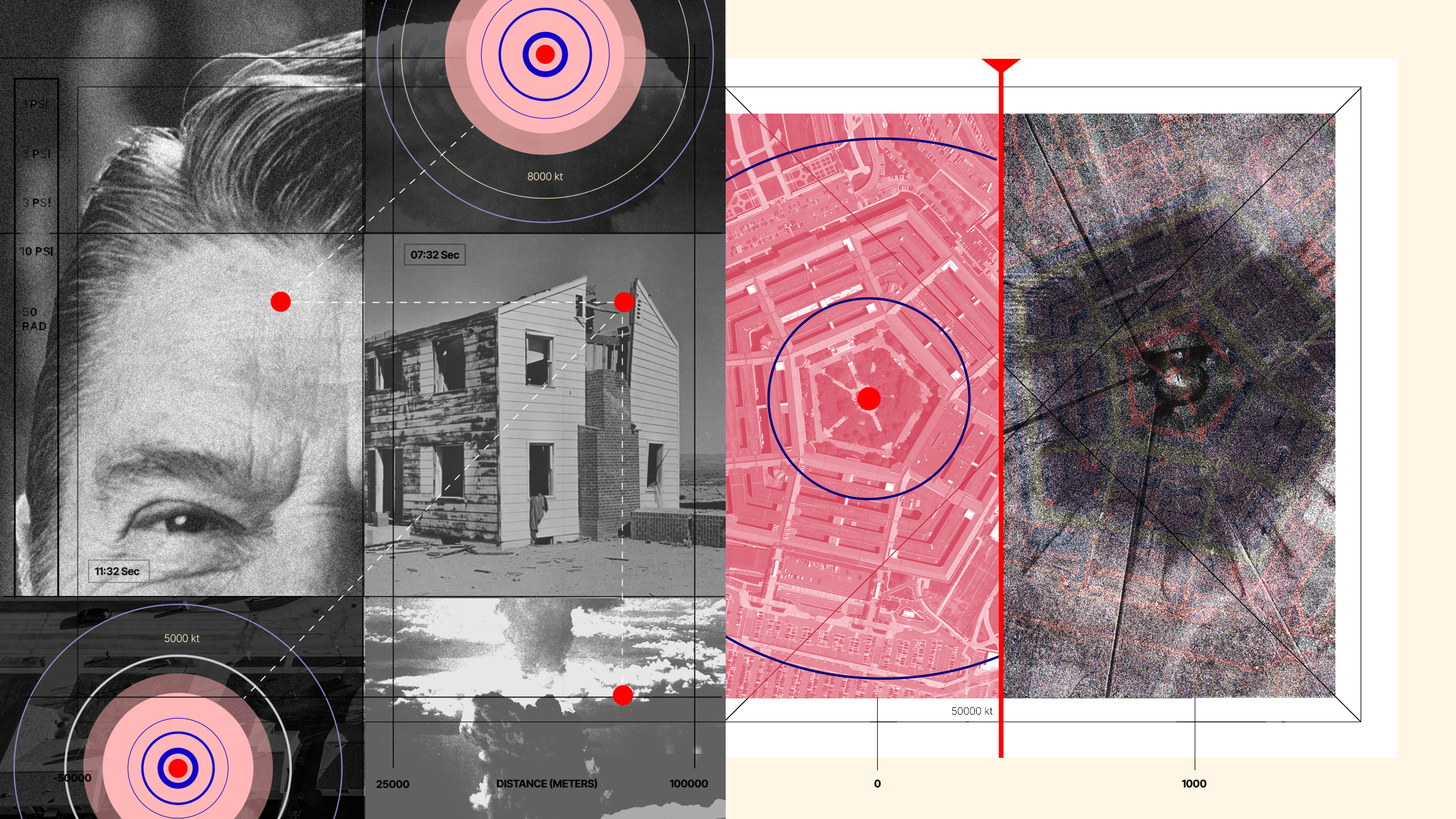Carol Gilligan reflects on civil rights.
Carol Gilligan: What was the revolution, in the 1960s there was a sense of, there was really a questioning of how had this country, with its commitment to democratic values justified, a series of prejudices and tolerances including treatments of a women as less than fully human, women couldn’t have a bank account, women couldn’t have a credit card, you don’t remember that and I remember teaching at Harvard, there where no women on the faculty and that all changed that changed relationships between men and women and the issue I was talking about before which was for a women to feel that what I know or what I believe or what I think or what I feel or what I want is the legitimate and it is not the only thing, but it has legitimacy of its own was huge, rather than seeing it as selfish. Now, that of course if you mean that you are introduced want [Inaudible] introduce sexuality and in the old sort of frame work, women where seen as not wanting sex, as not sexual beings, as not having desires of parts of there own. I quote a funny authority on this, which is [Inaudible] who said that the so called intellectual and theory already with women was due to their needing to suppress their sexuality, because if you couldn’t think about all aspects of yourself, you had to start restricting how that you could think it all and it also I would say having to distance yourself from your body, because your body would seen it some how bad or wrong. You will all start with your experience and then it was very for easy for women to not know what they new to experience and to be open to all kinds of abuse including relationships.





